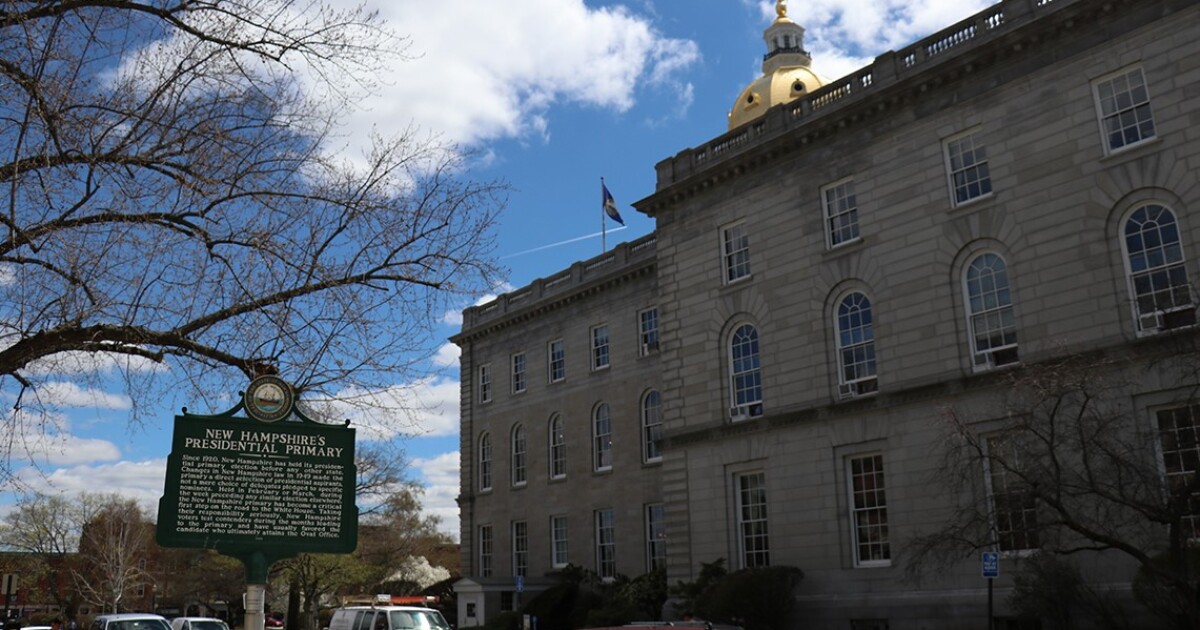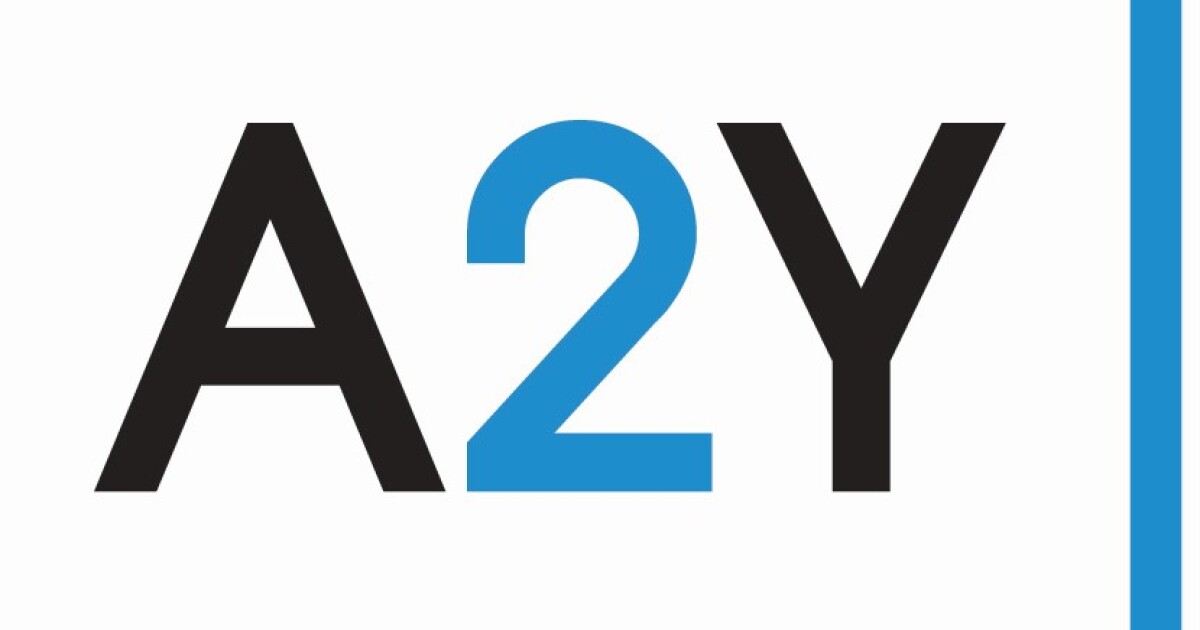New Hampshire’s two business tax rates have dropped steadily over the last decade, descending from 2015 to 2023 under a series of cuts brought by Republicans.
Now, House lawmakers are seeking to make one more reduction to one of those two taxes.
A proposal to cut the business enterprise tax from 0.55% to 0.5% is moving ahead to a vote by the full House in January, after the Ways and Means Committee voted along party lines this week to recommend the bill.
The bill, House Bill 155, would bring about the first business tax cut in three years. And it would come after Gov. Kelly Ayotte said in January that she was not interested in lowering the business enterprise tax in her budget. “Our budget proposal will be based on the revenue structure we have today,” Ayotte said then.
Democrats strongly oppose the move, pointing to months of underwhelming revenues coming into the state. And the bill has reinvigorated a long-running debate between the two parties: whether cuts to business taxes have helped or hurt the state’s tax haul.
And while Republicans retained the bill in the Ways and Means Committee amid uncertainty regarding the budget, Monday’s vote will propel the proposal to all 400 House members in January. Proponents of HB 155 say the legislation is necessary to allow companies in the state to grow, especially amid uncertainty.
The business enterprise tax imposes a levy on all compensation, dividends, and interest paid by a business in New Hampshire. It is different from the business profits tax, which applies to profits a business has made in a tax year.
“We know that when we lower taxes, we allow businesses to keep more of their hard-earned money, which fuels investment, job creation, and innovation,” said Rep. Joe Sweeney, a Salem Republican and the sponsor of HB 155, in remarks to the Ways and Means Committee in January.
“Employees benefit from better wages and more job opportunities,” he added. “Local economies are invigorated and our tax base grows naturally, ensuring that the state has the resources it needs without burdening taxpayers.”
The proposed cut is supported by the New Hampshire chapter of the National Federation of Independent Businesses, which has said it would provide relief to small and large corporations in the state, as well as the fiscally conservative group Americans for Prosperity.
“(This) would allow them to hopefully put a little bit of money back in their business’ pocket to keep up with hiring, to pay their employees a little bit more, to hopefully retain them and attract new ones, to buy new equipment and then invest back in their business,” said John Reynolds, the New Hampshire state director for the NFIB, speaking in the January hearing.
As originally written, the tax cut in HB 155 would have taken effect January 2026; an amendment recommended by the committee Monday would push that date to January 2027. That means the new rate would apply to businesses for the 2027 calendar year and would be paid April 2028.
A push to lower the BET could spark a political brawl over revenue and spending. Democrats say reducing the tax rate will result in lost revenue when the state can least afford it.
“The argument is basically that we can’t afford to give anything up anymore,” said Rep. Susan Almy, a Lebanon Democrat, in an interview.
Three months into the 2026 state fiscal year, business tax revenues are 10.4% lower than expected and 8.8% lower than they were last year, according to a September snapshot from the Department of Administrative Services. That estimate does not separate business enterprise tax revenue from business profits tax revenue; a fuller picture will not come until after April 2026.
Because of the way businesses file quarterly tax estimates to the state, September is a pivotal month to gauge the health of state business taxes before Tax Day in April. The next key month will be December.
While the revenues from business taxes have lagged recently, they have generally increased since the tax cuts began in 2015. Republicans say that’s evidence that they have worked to spur growth and should be continued.
“Every time this committee or the body has cut taxes, revenues have eventually increased,” said Rep. Jordan Ulery, a Hudson Republican, during the committee meeting Monday.
But Democrats say most of that growth has come as a result of national economic conditions, influenced by factors such as corporations’ repatriation of offshore funds after the Tax Cuts and Jobs Act of 2017, and the stimulus measures during the COVID-19 pandemic.
Those national programs would have boosted business tax revenues no matter what the New Hampshire tax rates were, Democrats say; and if the rates had not been cut, the state would have seen more revenue, they argue.
An analysis in April by the New Hampshire Fiscal Policy Institute estimated that between 2016 and 2024 the state lost out on somewhere between $795 million and $1.17 billion of the revenue it might have collected without the tax cuts, depending on how cautious the projections.
Republicans have dismissed that analysis, contending that it does not capture the positive climate the tax cuts ushered in, allowing businesses to expand or move to the state when they otherwise would not have.
But while the business profits tax can be affected by larger national trends, the business enterprise tax is fueled largely by salaries paid. Data from before 2015, when the tax cuts began, show BET revenues are closely correlated to the amount paid out to salaries in the state, said Phil Sletten, research director at NHFPI. When salaries rise, so does the BET revenue, he said.
Meanwhile, data from after 2015 shows that each time the BET was cut, there was a corresponding drop in BET revenue, Sletten said.
“Each of the instances in which the business enterprise tax rate has been reduced, the revenue trends for the business enterprise tax have broken from the trends of total compensation paid,” Sletten said. “In other words, revenues have gone down from what they would have been after each tax rate reduction.”
To Almy, the current underperforming revenues suggest that lawmakers should not tinker with the existing taxes. Almy has warned that the revenue problem could worsen if federal tariffs begin to hurt the profits of national corporations, which provide the bulk of New Hampshire’s business tax dollars.
“It’s going to be a question of how much do the revenues go as the tariffs hit,” Almy said. “People are already cutting back on major expenses — the middle income and the lower income people.”
And Almy said if lawmakers are seeking to provide relief to small businesses, they should do so by raising the lower threshold to exclude more of them and target the tax to larger businesses, rather than lowering the rate overall. That’s a principle that should apply to any tax relief she said.
“There should be exemptions for people that are so poor that if we tax them, they’re going to go to the poor house and we’re going to have to pay for it,” she said. “Or businesses that are so poor that they’re going to go out of business and we’ll lose the business.”
Other Democrats said lowering the business taxes could lower the amount available for school funding, which could increase costs for local property-tax payers.
But Republicans say the shaky business returns are not an argument against lowering the tax rate. Rep. Mike Bordes, a Laconia Republican, said Monday that lowering the BET would inch it closer to a “sweet spot” where it would bring in revenue while encouraging business activity.
“When we bring it down more, I think you’re going to see increased revenues,” he said.
New Hampshire Bulletin is part of States Newsroom, a nonprofit news network supported by grants and a coalition of donors as a 501c(3) public charity. New Hampshire Bulletin maintains editorial independence. Contact Editor Dana Wormald for questions: info@newhampshirebulletin.com.









